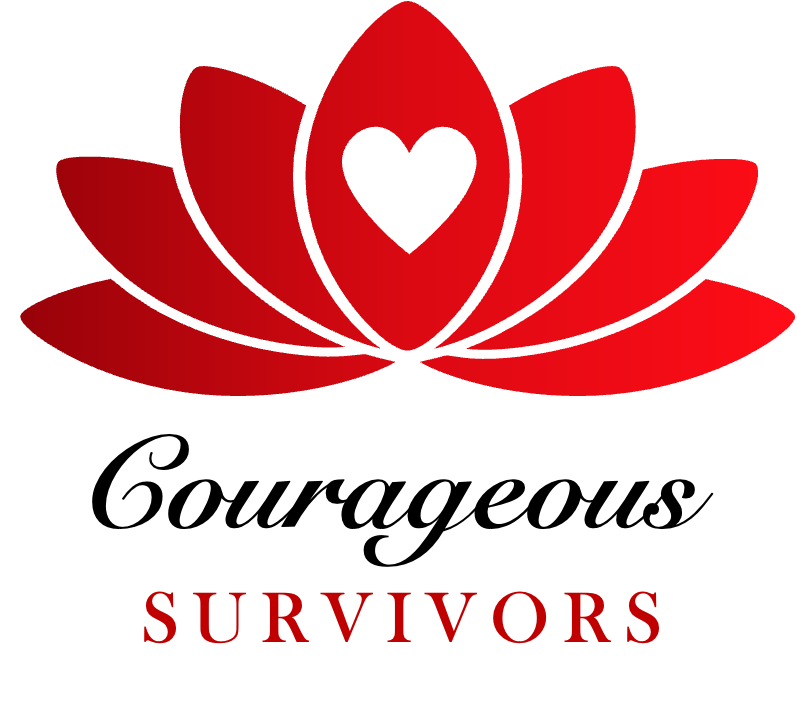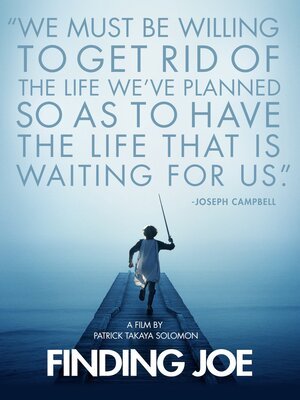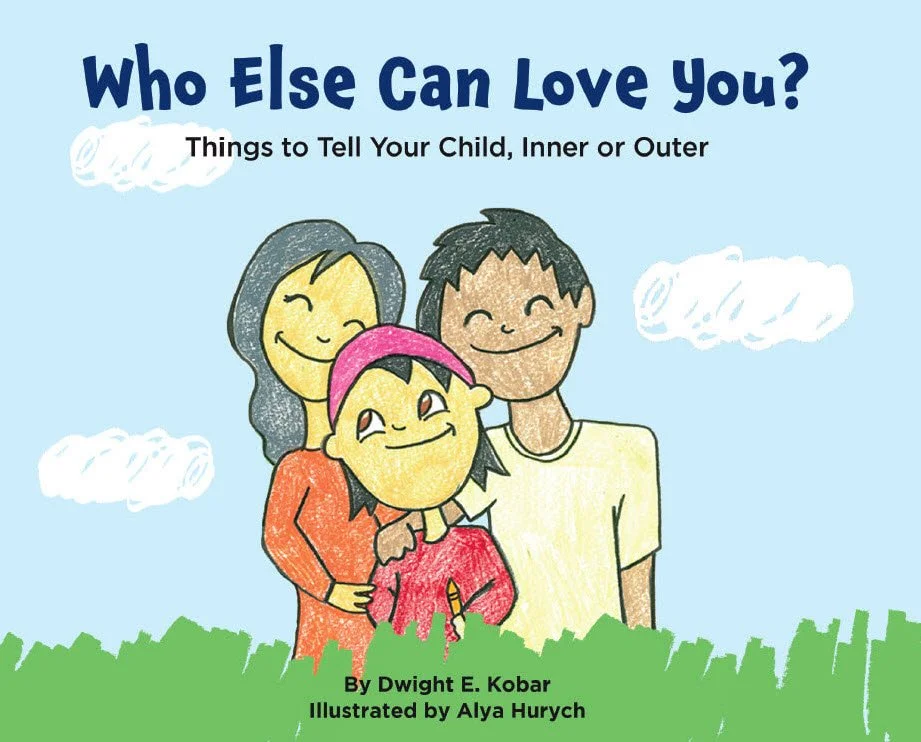
Videos
“Getting information off the Internet is like taking a drink from a fire hydrant.”
If there are any media links that do not work or that you think would be useful to other survivors, please use our contact form to let us know.
Featuring Brené Brown
Brené Brown studies human connection -- our ability to empathize, belong, love. In a poignant, funny talk, she shares a deep insight from her research, one that sent her on a personal quest to know herself as well as to understand humanity. A talk to share.
Featuring Brené Brown
Shame is an unspoken epidemic, the secret behind many forms of broken behavior. Brené Brown, whose earlier talk on vulnerability became a viral hit, explores what can happen when people confront their shame head-on. Her own humor, humanity and vulnerability shine through every word.
Extensive biological and developmental research shows significant neglect—the ongoing disruption or significant absence of caregiver responsiveness—can cause more lasting harm to a young child’s development than overt physical abuse, including subsequent cognitive delays, impairments in executive functioning, and disruptions of the body’s stress response. This edition of the InBrief series explains why significant deprivation is so harmful in the earliest years of life and why effective interventions are likely to pay significant dividends in better long-term outcomes in learning, health, and parenting of the next generation. This 6-minute video provides an overview of The Science of Neglect: The Persistent Absence of Responsive Care Disrupts the Developing Brain, a Working Paper from the National Scientific Council on the Developing Child.
Featuring Dr Jee Hyun Kim
Dr Kim currently leads a research team working on memory aspects of early-onset anxiety disorders and drug addiction in the Florey Institute of Neuroscience and Mental Health, University of Melbourne. Her research suggests cognitive-behavioural therapies have different effectiveness depending on one's age, and advocates treatment of mental disorders during childhood.
In the early 20th century, while studying world mythology, Joseph Campbell discovered a pattern hidden in every story ever told and he called it “the heroes journey”. A truly inspirational film, FINDING JOE takes us on the ultimate heroes journey: the journey of self discovery. As you slay dragons and uncover treasures, you just may find that the holy grail you seek is closer than you think.
Pia Mellody is an internationally renowned lecturer on the childhood origins of emotional dysfunction. Her recovery workshops have benefited people all over the world and her bestselling books have been translated into many languages. She is a member of the faculty at The Meadows Treatment Center, a residential center for victims of trauma, emotional abuse, and addictions.
It's a humbling situation, but much about who we are as adults can be traced back to things that happened to us before our 12th birthday. Part of learning to be an adulthood means making sense of the events of our childhood. We need to spot how our past might be trying to interfere with our chances in the present.
Without anyone meaning for this to happen, we've all come through childhood bearing a distinctive range of emotional scars. The task is to understand what these are, counteract their worst effects on our moods and actions - and explain them in a good natured and patient way to people close to us.
A lot of our adult problems come down to varieties of emotional neglect suffered in childhood. In this film, we look at one of the most famous experiments in the history of psychology, The Still Face Experiment, devised by Professor Ed Tronick - which gives us an insight into the vulnerability of, and need for love in young children.
In this chapter of his journey into the brain of an addict, Dr Kevin McCauley explains the best argument against classifying addiction as a disease.
In one of her earlier videos, Pia Mellody walks through her definition of codependence and the underlying factor of the disease
Family Health Training Academy
Philadelphia Dept of Public Health
This e-module will provide an introduction to Understanding the Basic Facts of Child Sexual Abuse and information about available resources.
As we grow up it becomes easier to forget to listen to the inner child inside. If you were to check in with your inner child right now, what would he/she say? We get to decide what kind of relationship we have with ourselves by paying attention and listening. Do you have a relationship based on trust? Or do you push yourself too far where you don’t feel safe? In this episode of The Deep Dive with Adam Roa, I dive into how you can create more self-love and build a healthy relationship with yourself.
Featuring Brené Brown
What is the best way to ease someone's pain and suffering? In this beautifully animated RSA Short, Dr Brené Brown reminds us that we can only create a genuine empathic connection if we are brave enough to really get in touch with our own fragilities.
Dwight E. Kobar, author of “Who Else Can Love You? Things to Tell Your Child, Inner or Outer,” speaks about the role of his inner child in writing his book, “Who Else Can Love You? Things to Tell Your Child, Inner or Outer.” An open mic event at Scuppernong Bookstore in Greensboro NC on July 21, 2022. He closes with an invitation to celebrate your own inner child. Inspiring and moving.
















In this chapter of his journey into the brain of an addict, Dr Kevin McCauley answers the most fundamental question.
Link to YouTube video